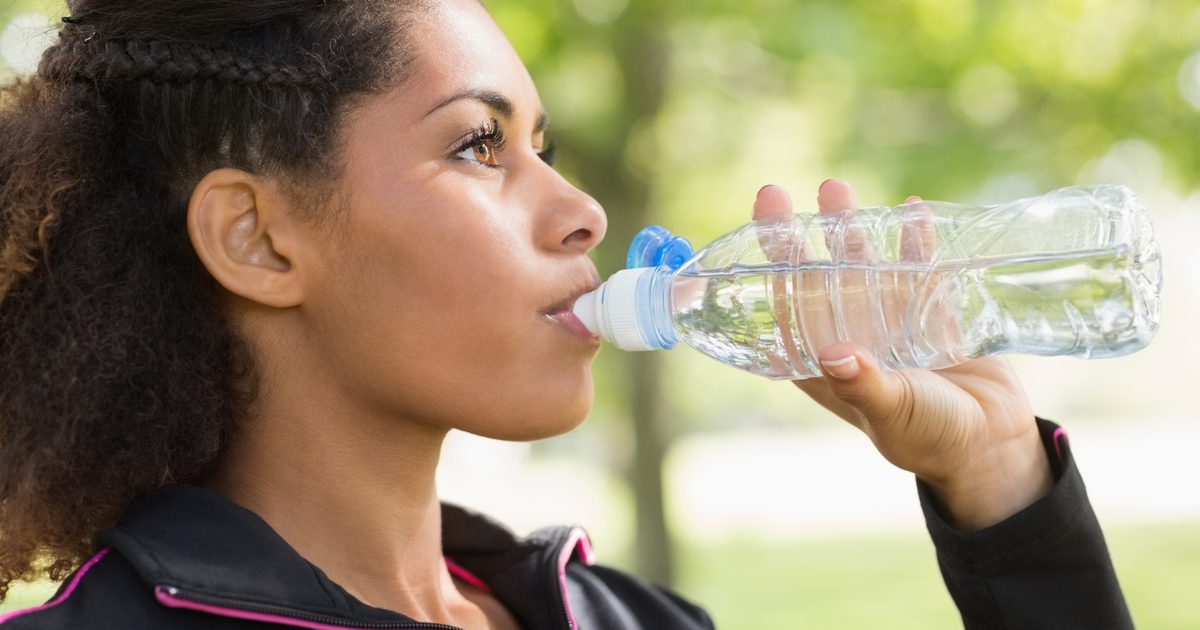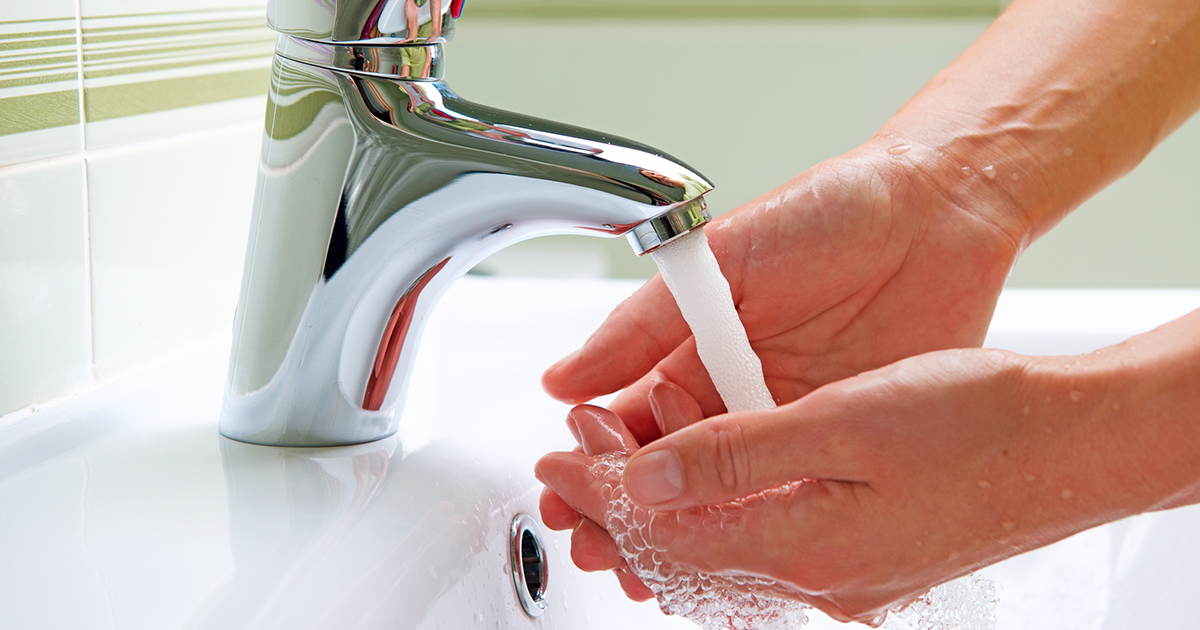How To Prevent And Manage Hepatitis E
Hepatitis E is a severe liver disease caused by the hepatitis E virus (HEV). Hepatitis E virus is among the five known hepatitis viruses that cause various health problems to humans, including liver failure. The HEV virus tends to be similar to hepatitis A since it is not chronic and it eventually leaves your system. While acute cases of hepatitis E infection are rare in the United States, hepatitis E is highly prevalent in developing nations in the Middle East, Central and Southeast Asia, Central America, and Africa where it causes many deaths. A report released by the World Health Organization indicated an estimated twenty million hepatitis E infections are occurring across the world every year. In 2015, the World Health Organization reported the virus resulted in the death of about forty-four thousand individuals across the world.
Hepatitis E infection occurs when an individual ingests food and drinks contaminated by the stool of an infected person, which is common in areas with poor sanitation. In some cases, natural disasters have led to the spread of hepatitis E. Heavy rainfall can cause sewers to overflow where they mix with drinking water leading to contamination. While there is no Food And Drug Administration approved vaccine to help in preventing hepatitis E infections, there are many ways that can help in managing and minimizing the risk of infection.
Consume Healthy Food

Individuals diagnosed with hepatitis E need to adopt a healthy lifestyle to minimize the risk of liver damage. The best way individuals can guard their liver is by ensuring they consume healthy food. Generally, there is no special diet for hepatitis E patients. A healthy diet includes whole grains, lean protein, lots of fruits and vegetables, low-fat dairy products, and healthy fats such as those found in avocados, nuts, and olive oil.
Since hepatitis E can significantly affect the functioning of the liver, patients should make sure they protect it from any condition or foods that would increase the chances of damage. Wash all the fruits, meats, and vegetables to remove viruses, bacteria, and potentially harmful residues. Also, clean all the food preparation surfaces to prevent cross contamination.
Get to know more ways in which individuals can prevent and manage hepatitis E.
Drink Plenty Of Water

Individuals need to drink plenty of water to help their body heal quicker after an infection. Most viral infections, including hepatitis E, can cause fever and dehydration. Drinking plenty of fluids will help the body function at its best. Experts recommend drinking at least one ounce of water for every two pounds of body weight every day.
It’s essential to note taking in unhealthy fluids can contribute to liver damage. Drinking more water instead of coffee and caffeinated drinks is wise. Also, note alcohol can add more pressure to an already damaged liver. Thus, individuals should focus on consuming foods and drinks that will not cause their liver to overwork. Foods with saturated fats, a lot of salt, and sugar can also accelerate liver damage.
Reveal more options for preventing and managing hepatitis E now.
Get Adequate Rest

Fatigue refers to the overall feeling of exhaustion. It is completely normal, and a lot of individuals experience it from time to time. However, the feeling can linger for days, especially after infection with a viral infection such as hepatitis E. This type of fatigue is known as post-viral fatigue. Although there are no clear treatments for post-viral fatigue, experts argue patients can overcome the feeling by resting properly. Sometimes patients might not be weak enough to spend all day in bed, but if they want to recover fast, they will need to get adequate rest.
When we talk about adequate rest, it means turning off the television, getting into bed, and sleeping with your eyes closed. Sometimes patients might feel they have some energy to do cleaning or gardening. But, after an infection, it is crucial to preserve vital energy resources that will help the body fight the virus.
Continue reading to unveil another method of preventing hepatitis E.
Avoid Undercooked Pork And Raw Shellfish

Numerous reports have linked hepatitis E infection in humans with eating raw or undercooked pork and raw shellfish. In a 2011 research study conducted by the European Food Safety Authority (EFSA), it was reported liver pate, pork pies, undercooked or raw pork, shellfish, and homemade sausages were the main risk factors for hepatitis E. A 2017 report by the EFSA indicates about ten percent of pigs carry the hepatitis E virus at the time of slaughter. The best way to avoid the infectious virus is to avoid undercooked pork and raw shellfish. A few studies have looked at how cooking can help to kill the hepatitis E virus, but results differ. However, it is highly accepted that cooking pork at temperatures above seven hundred degrees Celsius for at least twenty minutes can help kill the virus completely.
The main factors that play a crucial role during cooking include temperature, time, and the number of infectious particles in the food. It’s recommended to cook shellfish and pork and its products thoroughly to protect against hepatitis E. When grilling pork or frying sausages, ensure they attain a deep brown color and become firm. Relying on visual cues alone might not help in determining whether the food is thoroughly cooked. Using special kitchen thermometers can help in monitoring temperatures needed to kill the virus.
Learn more about preventing hepatitis E now.
Wash Hands With Soap And Water

Patients who want to keep hepatitis E and other viral infections at bay should make sure they wash their hands with soap and hot water regularly. Proper hand hygiene is an effective way of stopping viral infections. The viral particles are passed around when an infected person touches surfaces, sneezes, or even coughs. Washing one's hands regularly can help remove these viral particles from the skin.
Proper hand hygiene involves the use of soap and water. Also, individuals can use an alcohol-based hand sanitizer to kill infectious microorganisms. It’s recommended to wash hands after caring for a sick person, before handling food, after going to the toilet, after sneezing or blowing the nose, after handling rubbish, and after smoking.
